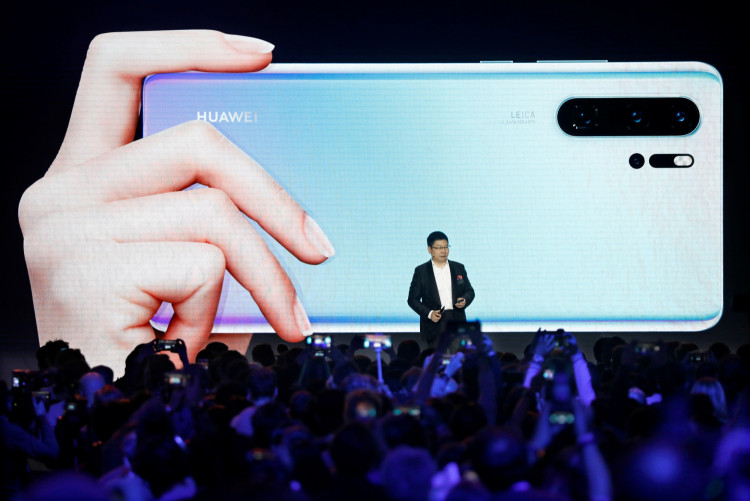Huawei Technologies is determined to advance and beat Apple, Samsung, and Qualcomm with the introduction of two of the most advanced chips in the world very very soon despite the crackdown of the US on the exports of the company. It appears that the company is motivated to create these powerful and advanced mobile processors and chipset integrated with 5G modem after several observers share their doubt on China's capability to produce high tech semi-conductors. But, in defiance of the trade wars and all the doubters, Huawei is set to announce its new chips several months ahead of its rivals.
Huawei is one of the several few smartphone makers that can develop its own chipsets with it's very own HiSilicon design unit producing millions of processors. Over time, the company has aggressively built its stocks of components and other alternative suppliers that are not from the US after the arrest of Meng Wanzhou, the company's Chief Financial Officer. As a result, Huawei is more self-reliant and is set to provide more in-house silicon to even more devices.
The US Trade ban also helped the company become more competent, and with its greater level of self-reliance and lesser dependence to US companies, Huawei's move will permanently alter the long-term supply chain. This will have greater consequences to many US semiconductor companies like Qualcomm, Texas Instruments, Micron technology, and Broadcom. DigiTimes earlier reported that Huawei is targeting to achieve 60 percent phones running on HiSilicon processors by the second half of the year.
According to the site, the company reached 45 percent during the first few months of 2019 and under 40 percent during the second half of the previous year. As for its two new advanced in-house chips, this will mark as an important milestone in the history of the company. The world-renowned mobile processor Kirin 985 is designed by the company's chip arm, which is the HiSilicon Technologies.
With the upcoming release of in-house advanced chips from Huawei, the company will be the first one to produce the world's first-ever chip that will utilize groundbreaking extreme UV or EUV technology. This particular type of technology is produced by the world's biggest contract chipmaker, Taiwan Semiconductor Manufacturing Co. Unlike Huawei, Samsung and Apple do not adopt the EUV technology for their upcoming mobile processors until 2020 according to several sources.
Nikkei Asian Review also revealed that Huawei is currently working on a new mobile chipset integrated with 5G modem on its system on a chip that will be released between October and December 2019. This would beat the plan of Qualcomm, the world's top mobile chip developer, to totally commercialize integrated 5G platform during the first half of 2020.




